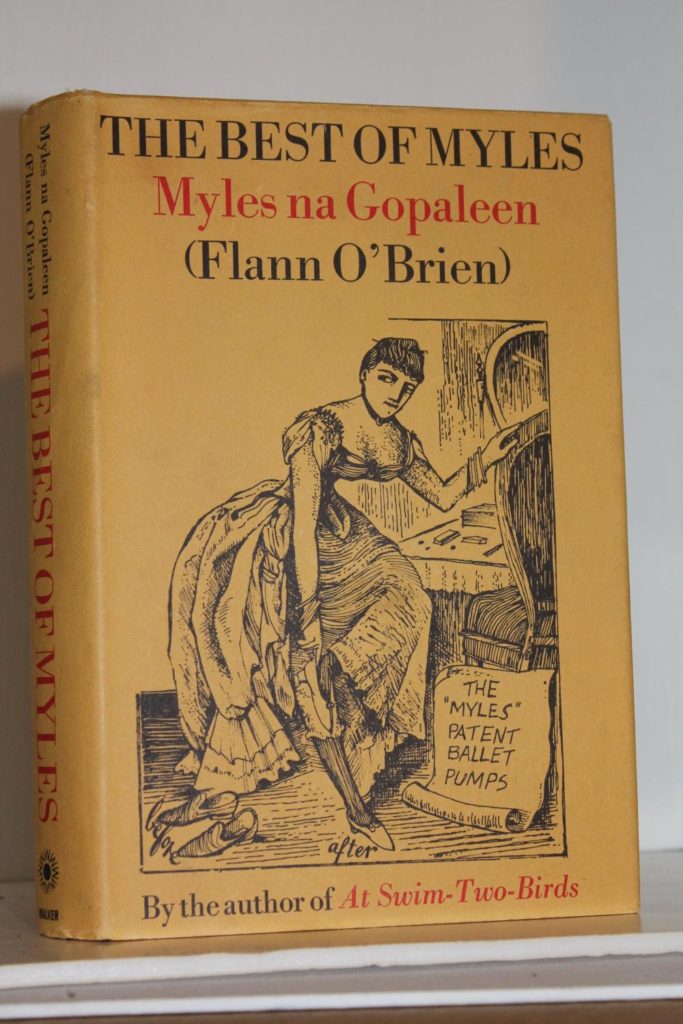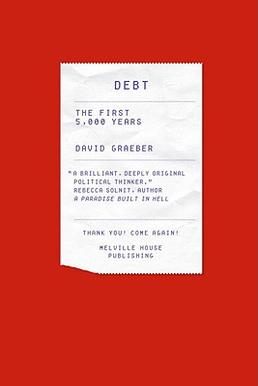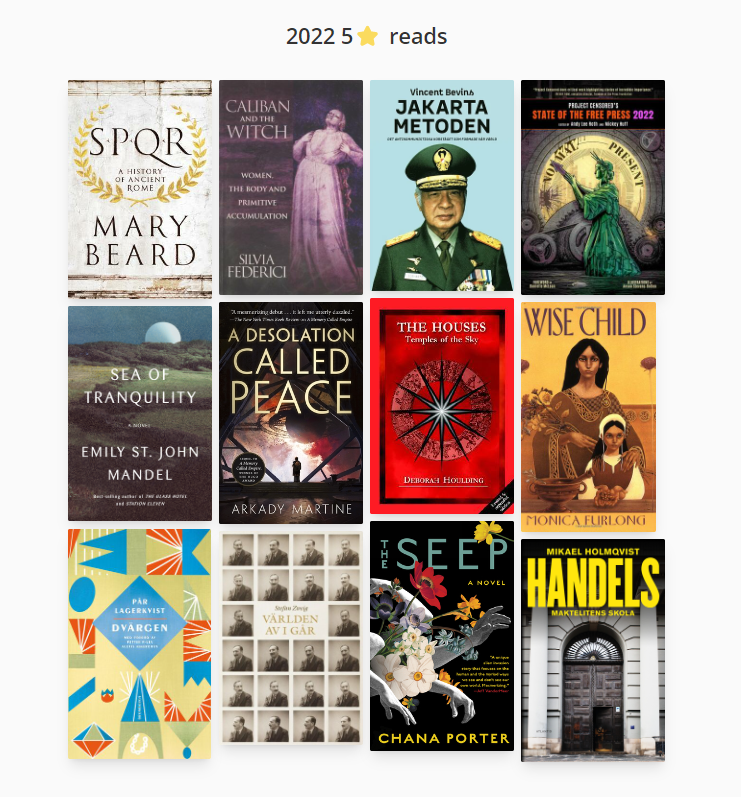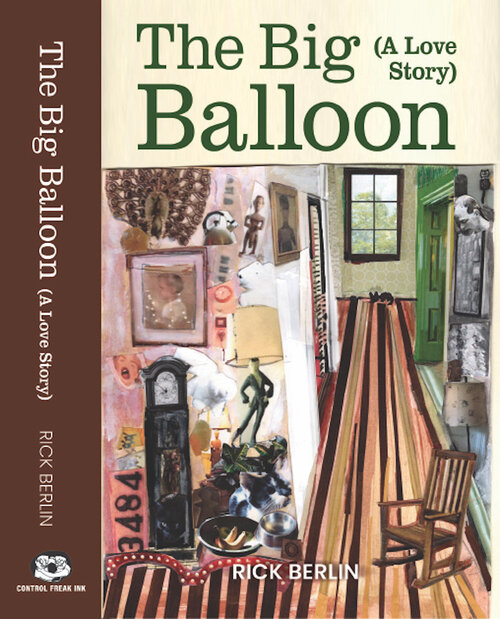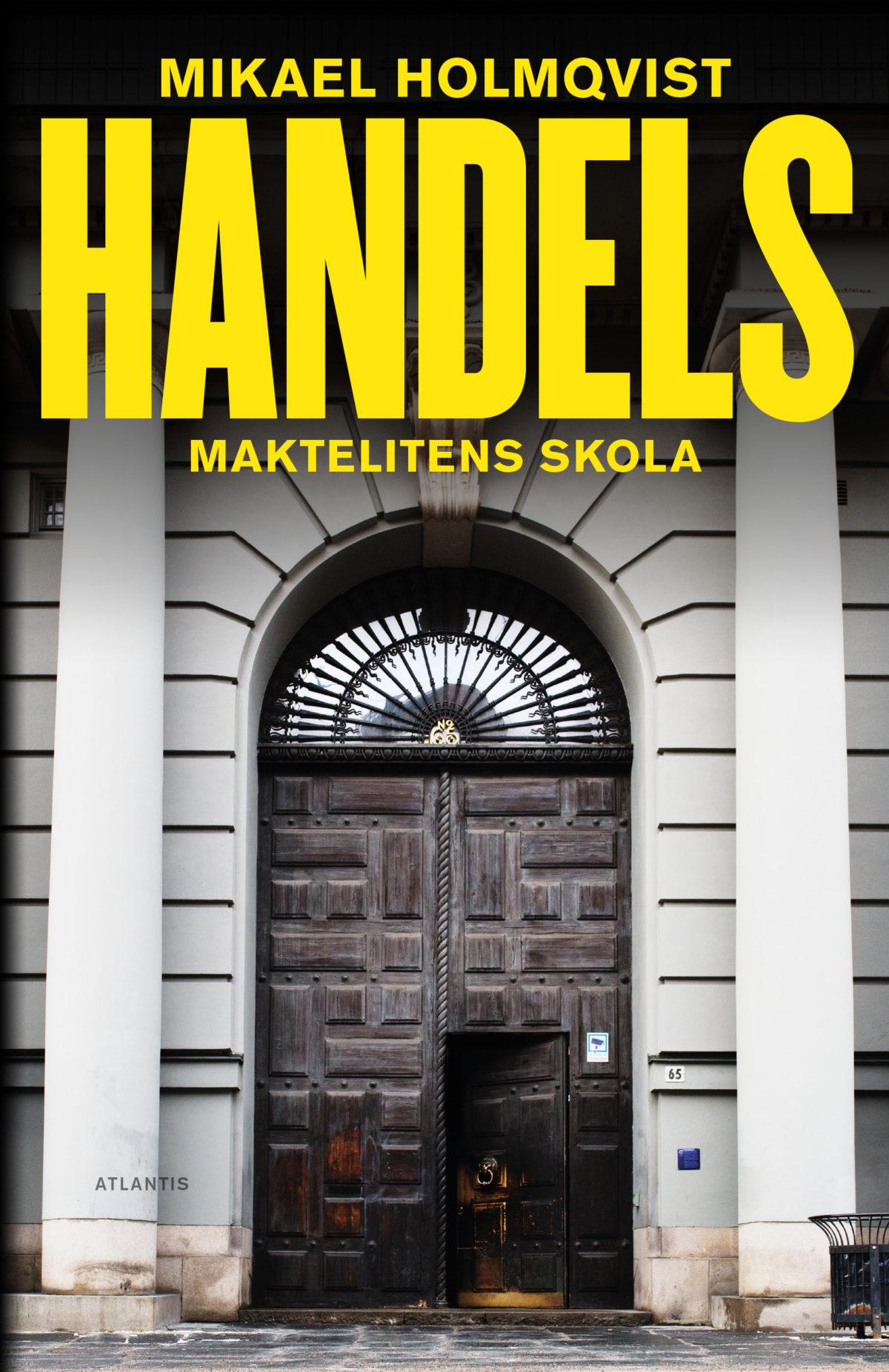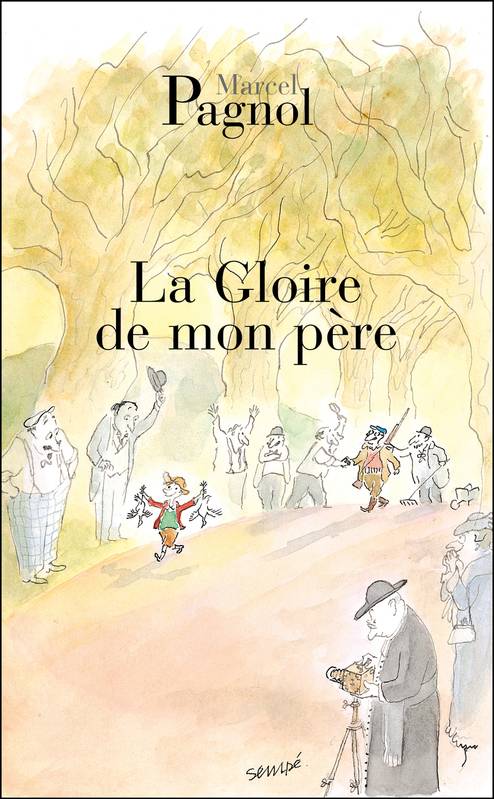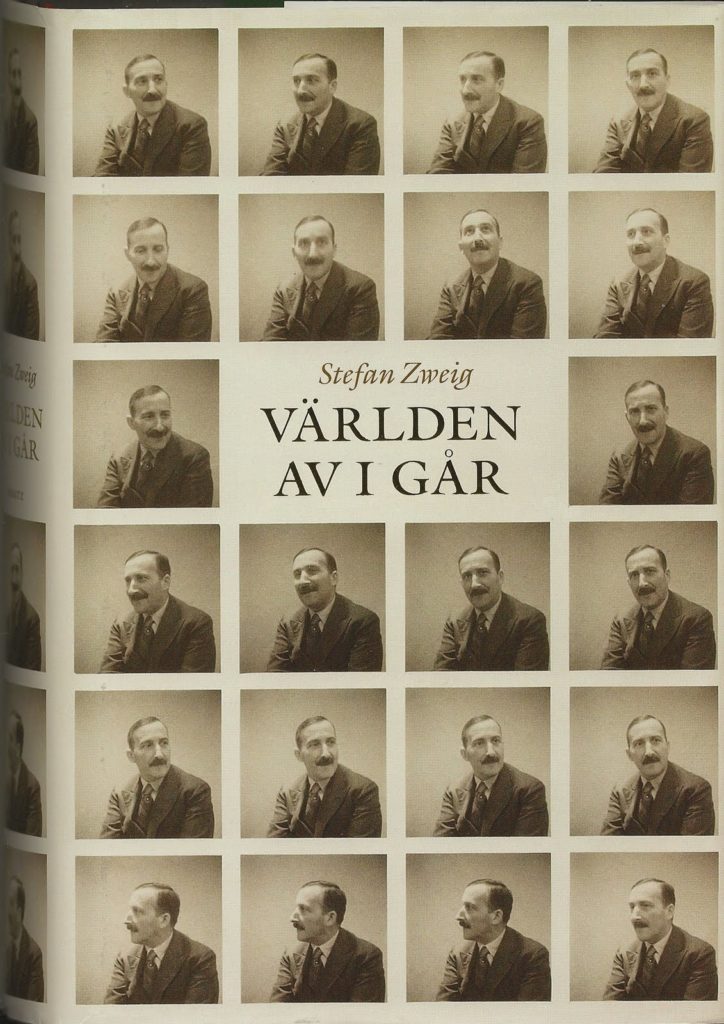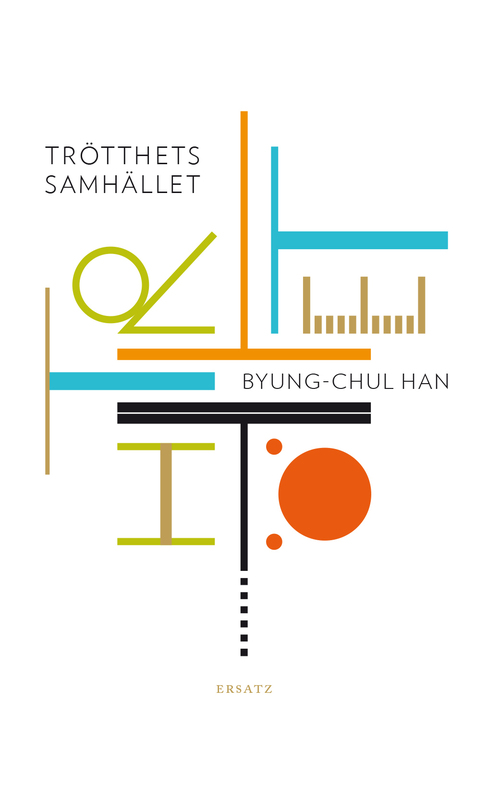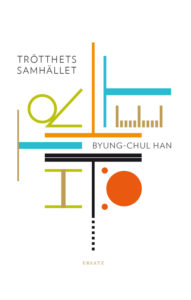On a whim I decided to join a bokcirkel at the local library, and the organizer cheerfully informed me that the next book would be Tara Westover’s Educated.
Much like the neighborhood book club, I’d signed up in hopes of reading Swedish books, rather than Swedish translations of American bestsellers, but here we are! Not to mention that Educated was one of those phenomenon books where, thanks to everyone talking about it, I felt like I had read it by osmosis. Having now actually read it, I can indeed confirm that the experience of hearing everyone talk about it is enough to really get the gist of the book. Westover has an incredibly isolated and traumatic childhood, decides against all odds to go to college, comes to terms with her childhood trauma and by the end has become a history scholar. No surprises there.
My hypothesis is that part of the reason Educated made such a huge splash was that by 2018, Mainstream Liberal America had realized that Hillbilly Elegy was Bad, Actually and saw in Educated an attempt to make amends for hyping up Elegy. Obviously I can’t exactly prove this, and J. D. Vance didn’t complete his face heel turn until 2022, so who’s to say. (Go give the If Books Could Kill podcast episode a listen for more on Hillbilly Elegy.)
This is not to throw shade on Educated. Westover overcame tremendous obstacles to be where she is today and for that she deserves accolades. And unlike Vance, she’s not trying to make a larger political point or diagnose the ills of large swathes of the American population. If you grow up Mormon, you’ll end up talking about other Mormons in your memoirs, but Educated never feels like an explainer on Mormonism, or like a critique or an apology. The book itself is…fine? I think it was probably an essential part of Westover’s recovery process to write the whole story out and to present it to a public after spending several years being gaslit by her family about her own memories.
What makes me uneasy about Educated is where it lands in the book market and the reasons the reading public has for latching on to it. It’s not quite circus sideshow gawking, but it’s not quite not circus sideshow gawking, either. However, the fact that I read this in order to discuss it with a group of Swedes (and that I’m already anticipating being asked to give an impromptu “US History and Culture” lecture) might be coloring my reaction here. There’s also a part of it that feeds into the collective American obsession with rags-to-riches “bootstraps” stories, where a particular kind of reader might point to Educated as proof that America really is a meritocracy and that if you’re not succeeding you’re just not working hard enough.
Again, I don’t think Westover is deliberately writing to pander to either of those instincts. How the public responds to a book and where one particular life story falls in the general ideological fabric of a culture is kind of beyond the scope of an author’s consideration. There’s something to said about a publisher saying “yes” to this particular life trajectory but “no” to others.
Also, unrelated to anything, but a huge content warning for pretty frank descriptions of gruesome accidents of all kinds: serious burns, head injuries, gashes, you name it. I’m squeamish so those were sections I just skimmed through. A significant portion of the book also focuses on the abusive behavior of one of Tara’s older brothers, again with pretty frank descriptions of bullying and violence.

